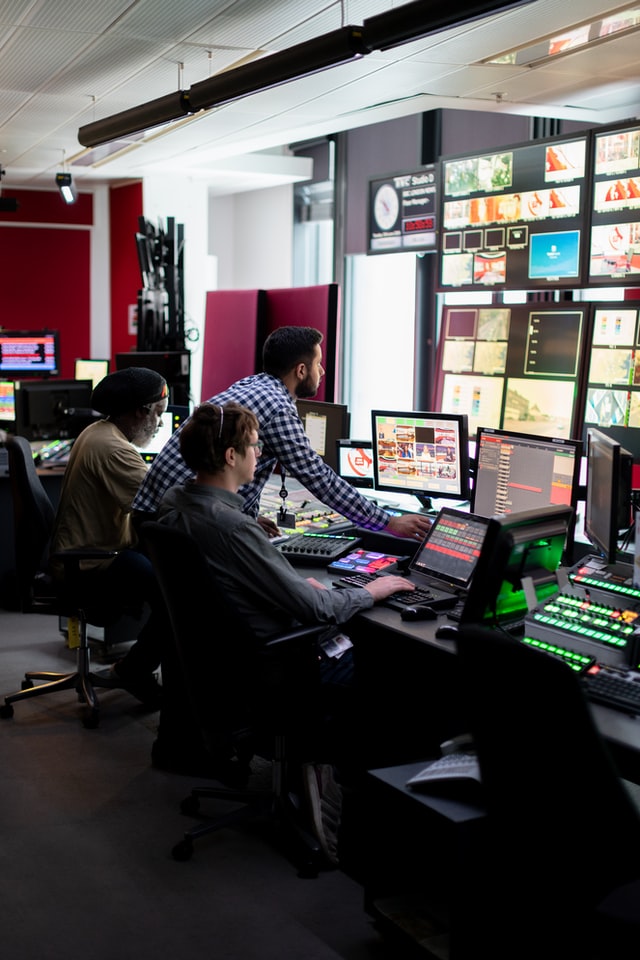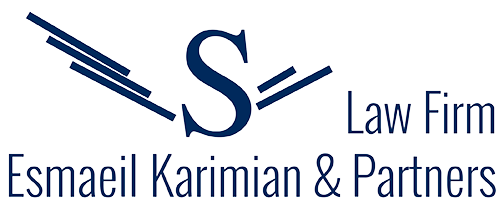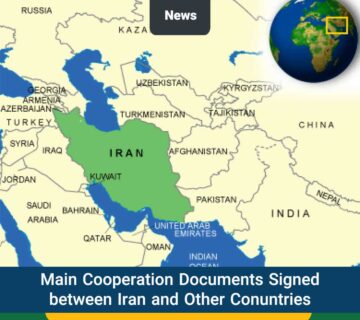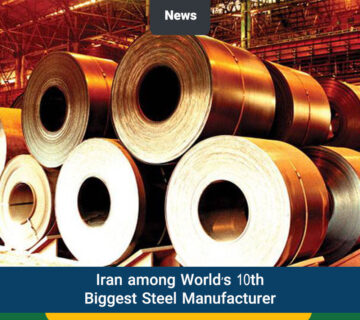In this article you will read:
Intellectual Property Rights & Technology in International Trade & Investment Agreements: Pre-contractual & Conclusion Phases
1. Introduction
Intellectual property rights and the manner of utilization and transfer of these rights are essential parts of most commercial and investment contracts.
In expressing the position and importance of such rights in commercial and investment contracts, it is sufficient to state that always in the due diligence phase in which preliminary research and scrutiny of the laws and regulations of the host country or the country of implementation of the contract will be conducted, one of the subject matter of questionnaire of investor is the related laws and regulations about the intellectual property rights and technology and the extent to which these laws and regulations protect IP rights.
Given the importance of intellectual property rights and technology in investment contracts, this section analyzes, on a case study basis, various issues related to these rights from the beginning of negotiations and before the signing of the definitive Joint Venture Agreement until the end of the agreement.
2. Pre-contractual Phase
In the negotiation phase, although no contract has been concluded yet, a lot of confidential information may be exchanged between the negotiators, especially when one of the intellectual property rights, know-how, technology, or trade secrets used as a contribution by one of the parties to the contract.
At this stage, each negotiator provides a variety of information about the joint venture project; therefore, it is necessary to provide a mechanism in the negotiations so that this information is not misused by other negotiators, especially competitors.
As mentioned earlier, at this stage the negotiators usually enter into a “confidentiality” or “non-disclosure” agreement. Under this agreement, each negotiator is required not only to keep the information contained in the contract confidential and refrain from disclosing it to third parties, but also use information only for the purpose specified in the contract.
In a due diligence review, many issues related to intellectual property rights and technology to be used in the joint venture are examined and analyzed. These studies include how to legally protect these rights in the host country, review the status of these rights including credit, legal protection and provided documents related to the ownership of intellectual property rights and technology etc.
In some cases, at this stage, the negotiators may enter into an “exclusivity agreement” or stipulate the exclusivity of the contractual relationship in the confidentiality contract. Based on the exclusivity agreement or stipulated clause, the owner of intellectual property rights and technology ensures that the confidential and valuable information exchanged between the negotiators shall not be used to the benefit of the parties’ competitors and should be used exclusively for joint venture negotiations.
You might also be interested in :
3. Conclusion Phase
At this stage, the negotiators agree on how and under what conditions to exercise intellectual property rights and technology in the joint venture; the terms of use of intellectual property rights in a joint venture are usually determined by a subcontract that forms one of the annexes to the contract.
When one of the negotiators undertakes to incorporate one of the instances of intellectual property rights, technology or know-how into the joint venture, he always fears that the rights will be misused and exploited by other partners or competitors. Therefore, the issue of how to exercise these rights and envisage mechanisms to protect them for the owner or licensee of these rights is very important.
Intellectual property rights and technology are exercised in a joint venture in two ways:

3-1. Assignment
Following the assignment contract, the ownership of the intellectual property rights or technology will be transferred to the other party to the contract in accordance with the terms and conditions stipulated in the contract.
The transfer of intellectual property rights and technology is possible only if the transferor is the owner of these rights and has not acquired these rights under a license agreement with third parties. In the latter case, due to the lack of ownership of the transferor, it is not possible to transfer these rights.
After the transfer of intellectual property rights and technology, based on the registrability of these rights and in order to enjoy the exclusive right to use them in the territory of the transferee, the transferee will register them in the Industrial Property Right Office according to the local laws and regulations of host country or international conventions such as Paris Convention or PCT or Madrid Convention and its protocol.
3-2. License
Contrary to the assignment of rights, in the license of intellectual property rights and technology, without the transfer of ownership of these rights, the licensor only gives authorization to the licensee to use them for a certain period of time and under certain terms and conditions stipulated in the license contract.

According to this agreement, the licensor’s control over intellectual property rights and technology remains in force and he can terminate the license agreement under the agreed terms in the license agreement and return back all the transferred rights.
In the license agreement, the licensor may not be the owner of these rights, and he or she may have acquired the right to use them under another license agreement with the owner of these rights. Subject to compliance with the terms of the main or head license agreement, a sub-license of these rights is allowed.
In the license agreement, the licensing requirements of intellectual property rights and technology must be clearly defined. For example, one of these conditions is whether the license is exclusive or non-exclusive, as well as the obligation not to compete. In addition, the license agreement must include types of licensed rights, the manner of their uses, rights and obligations of the parties, restrictions on the use of these rights, the possibility or impossibility of sub-licensing these rights, and termination of the license.
One of the main clauses of the license agreement is the obligation of the licensor to compensate for all damages arising from the third party’s claim of infringement of these rights. The licensor is liable for any claims, damages, costs (including legal costs of filing a lawsuit) raised by third parties and for infringement of the intellectual property rights and technology under the license agreement.
Our team is composed of highly skilled and versatile lawyers who combine practical experience and academic knowledge of their field. Most of our practitioners have worked in different professional environments, often outside their home jurisdiction.





Very oon this web page wil be famous amid all bllogging visitors,
due to it’s nice articles
Thank you.